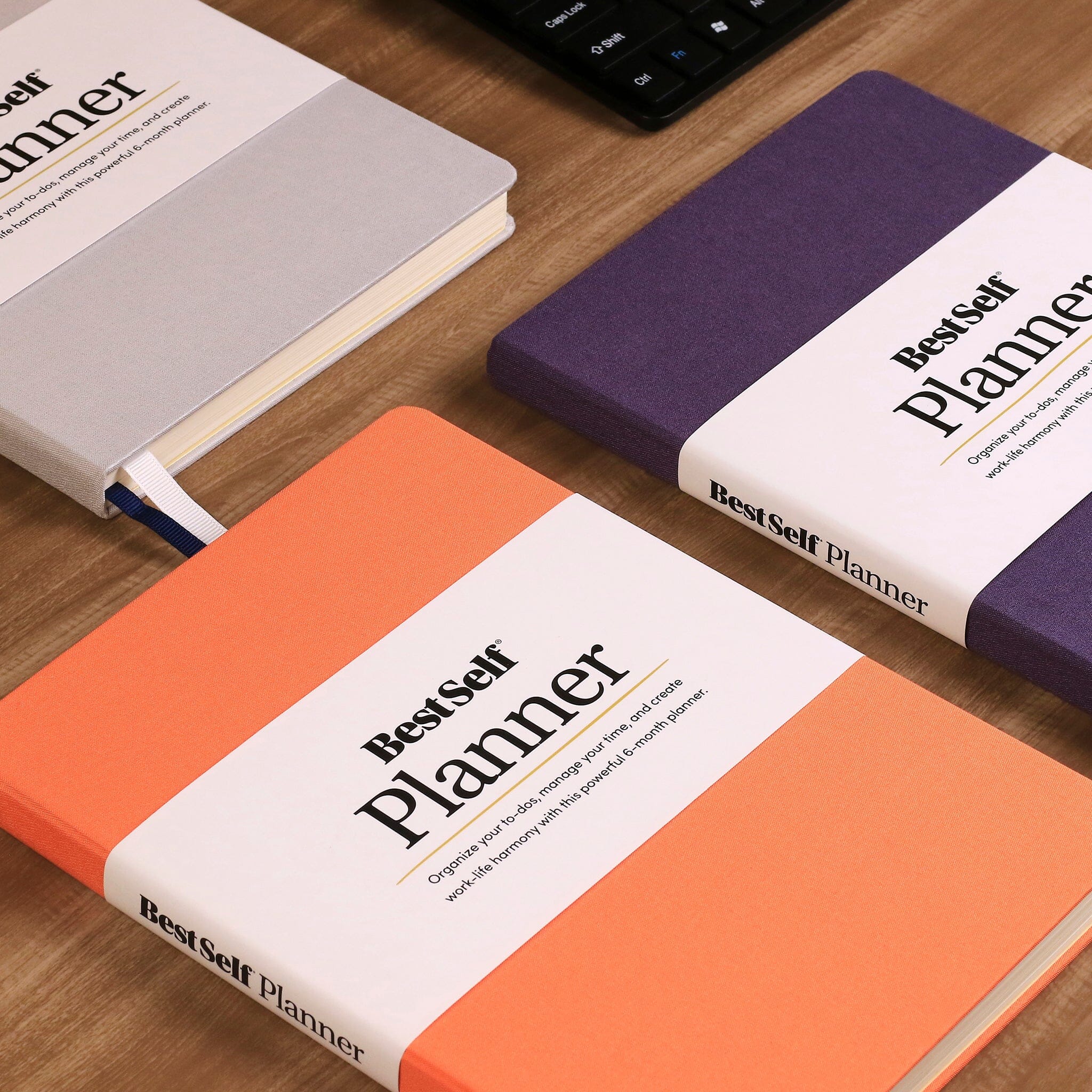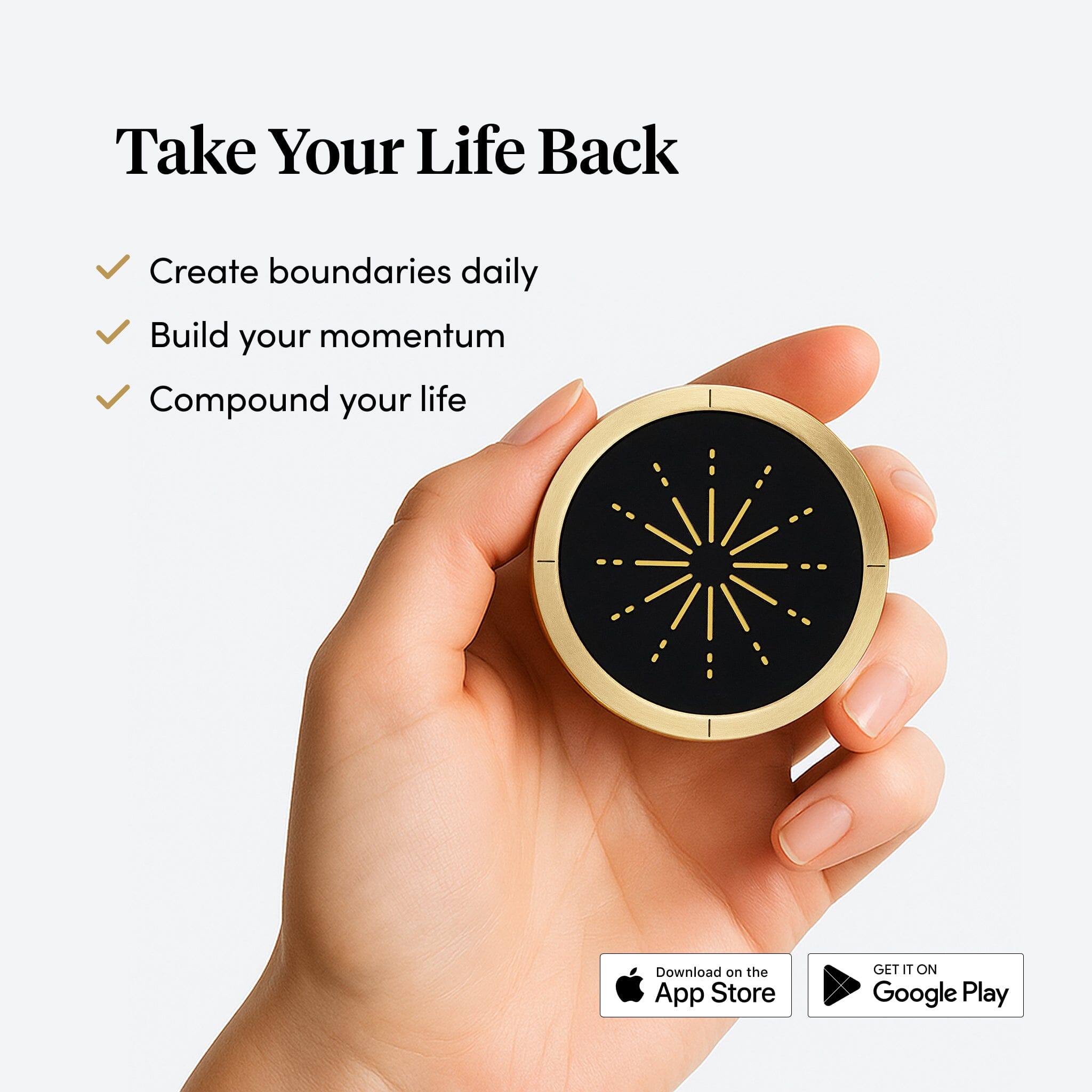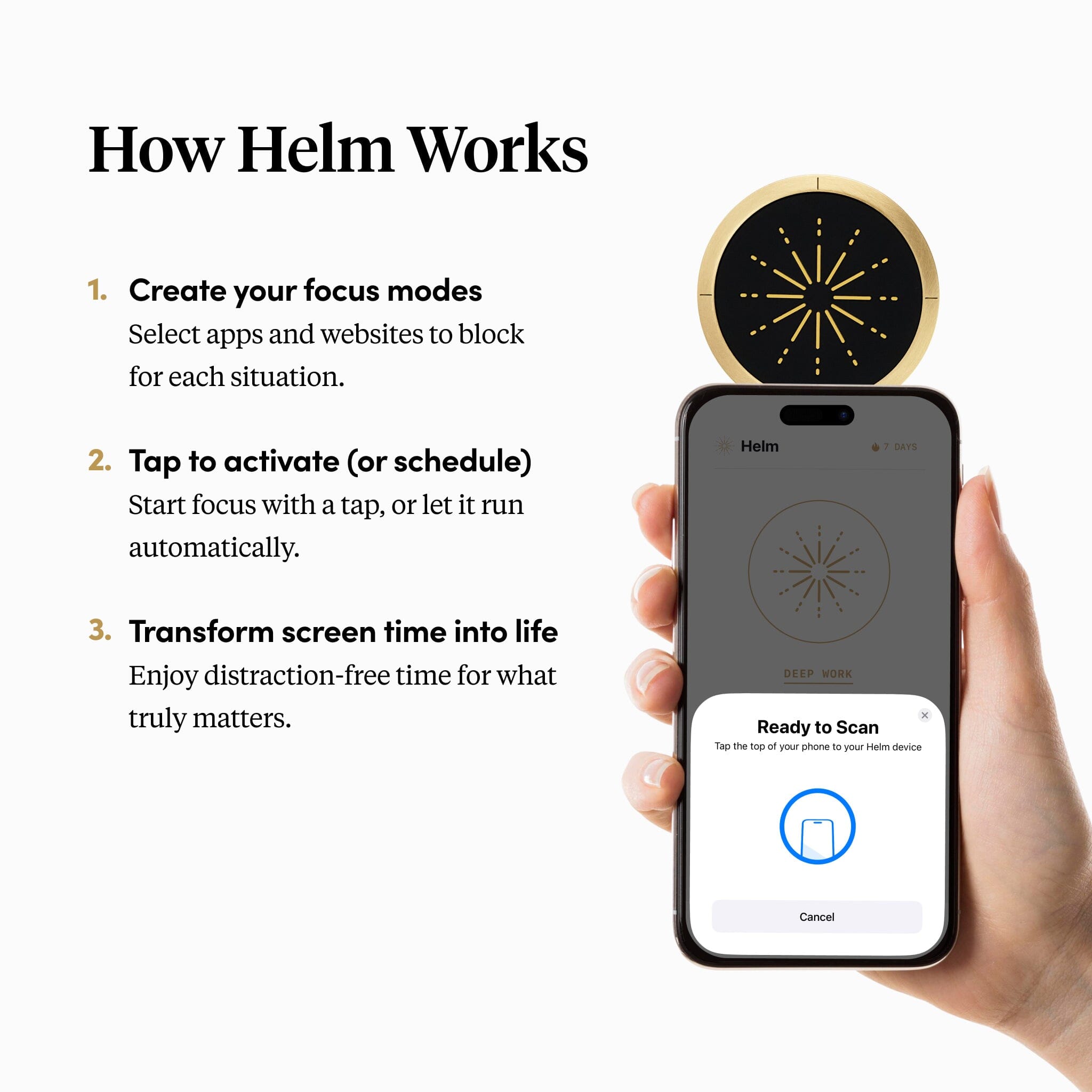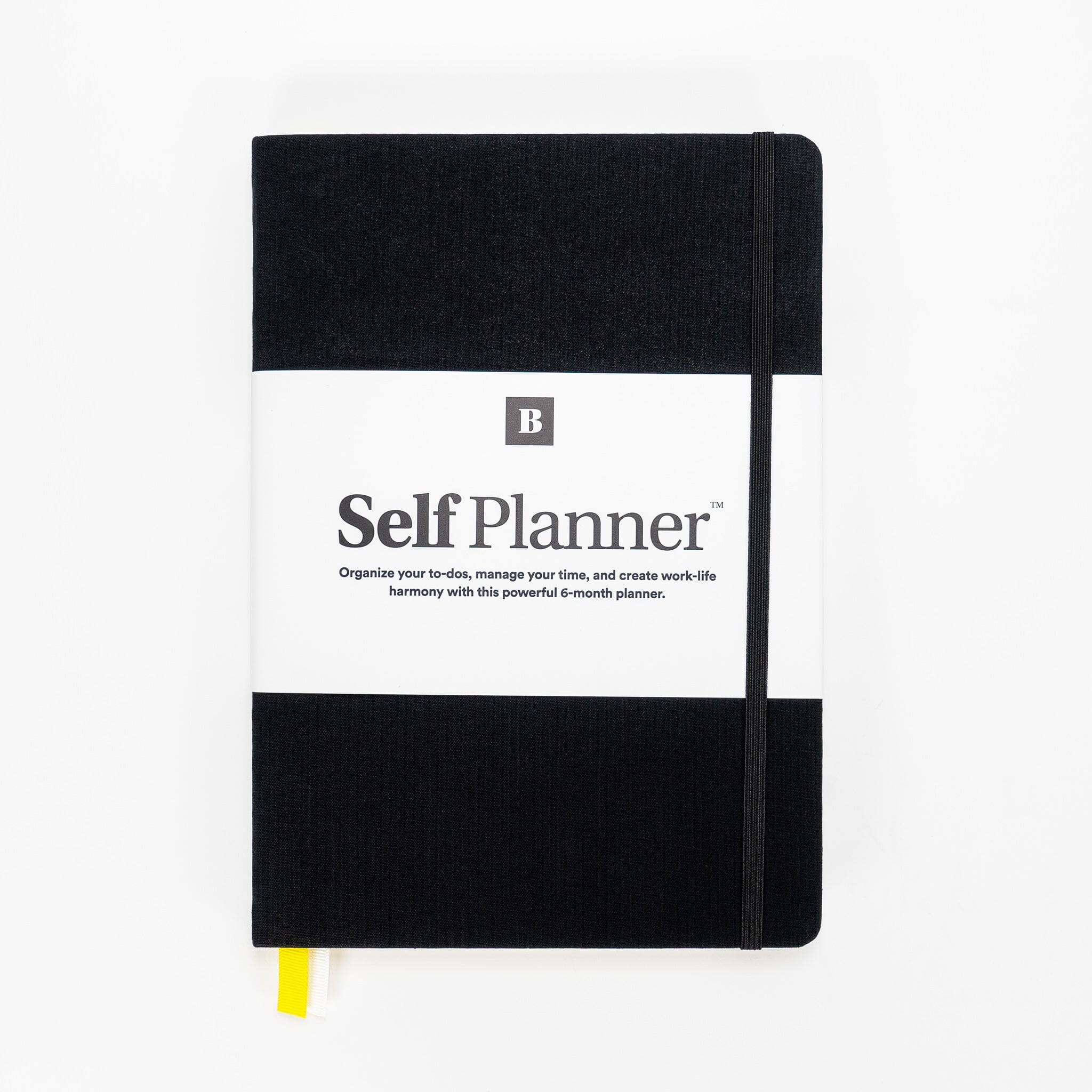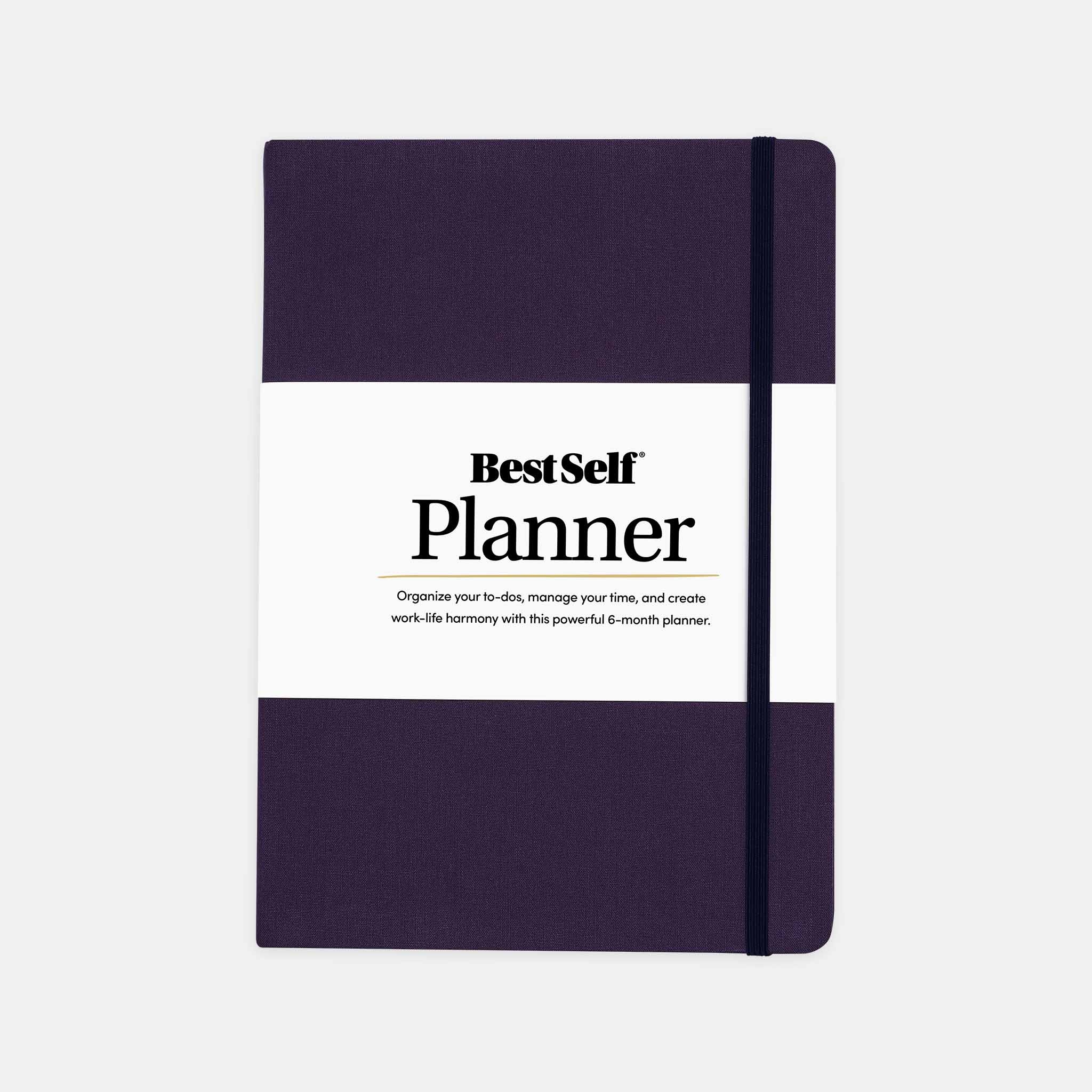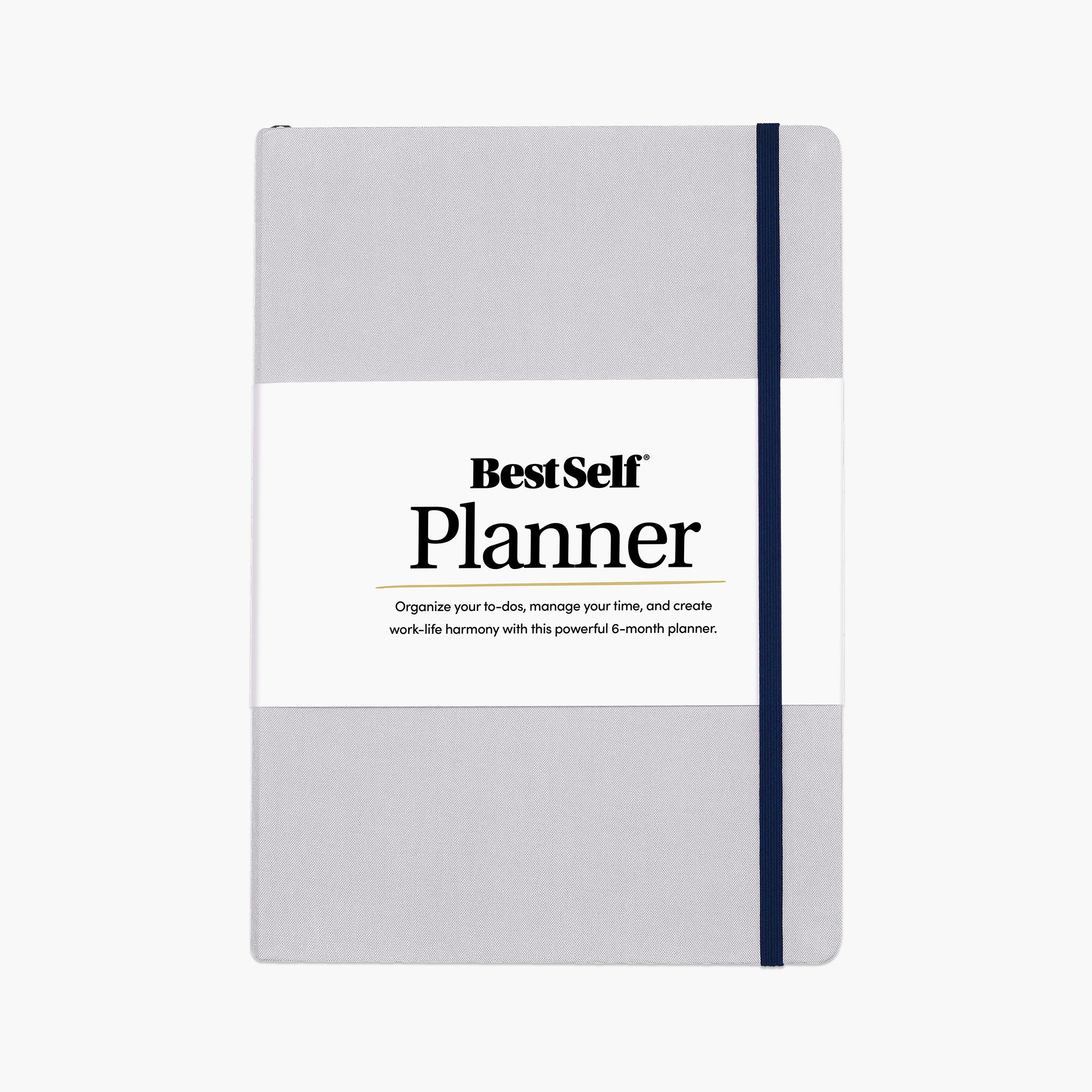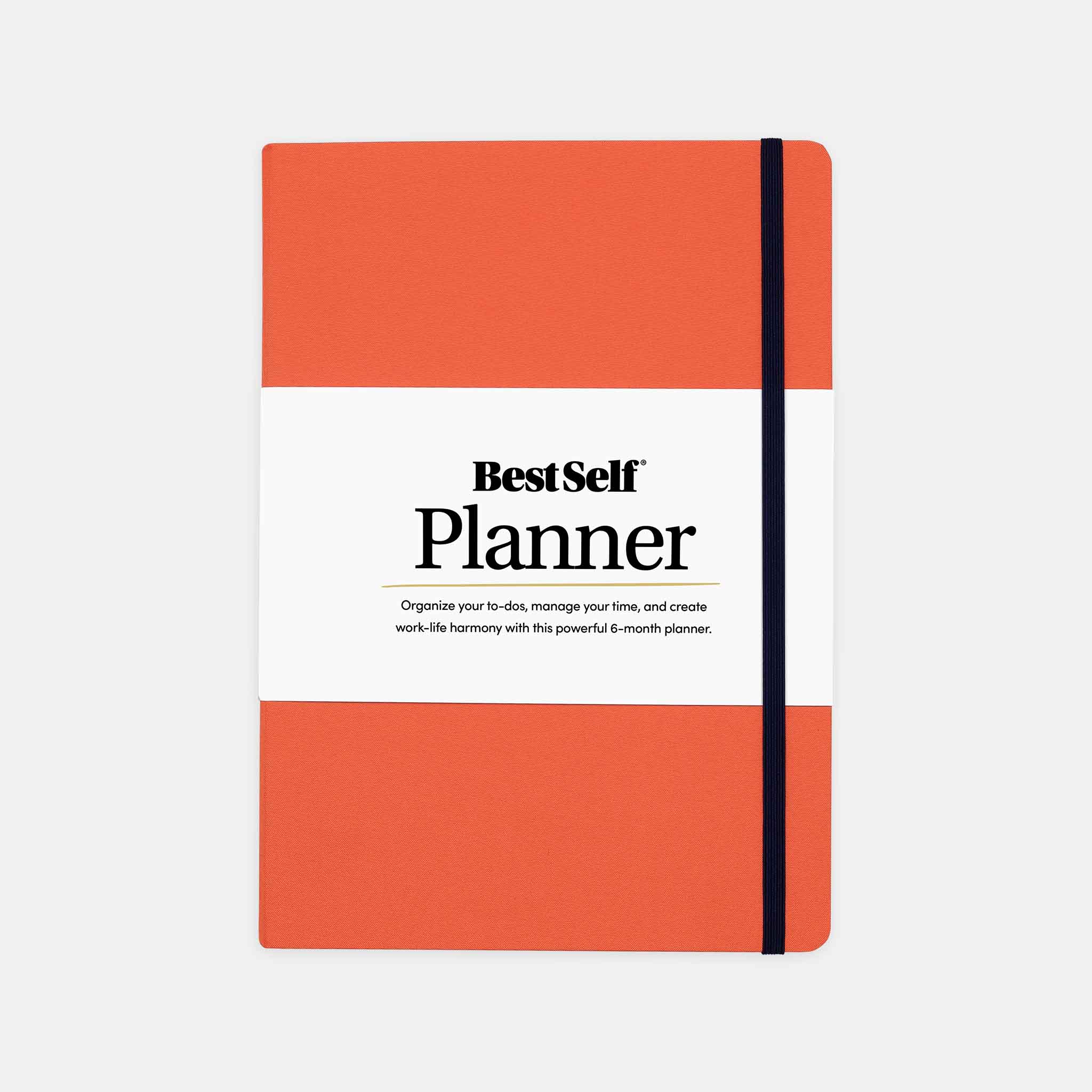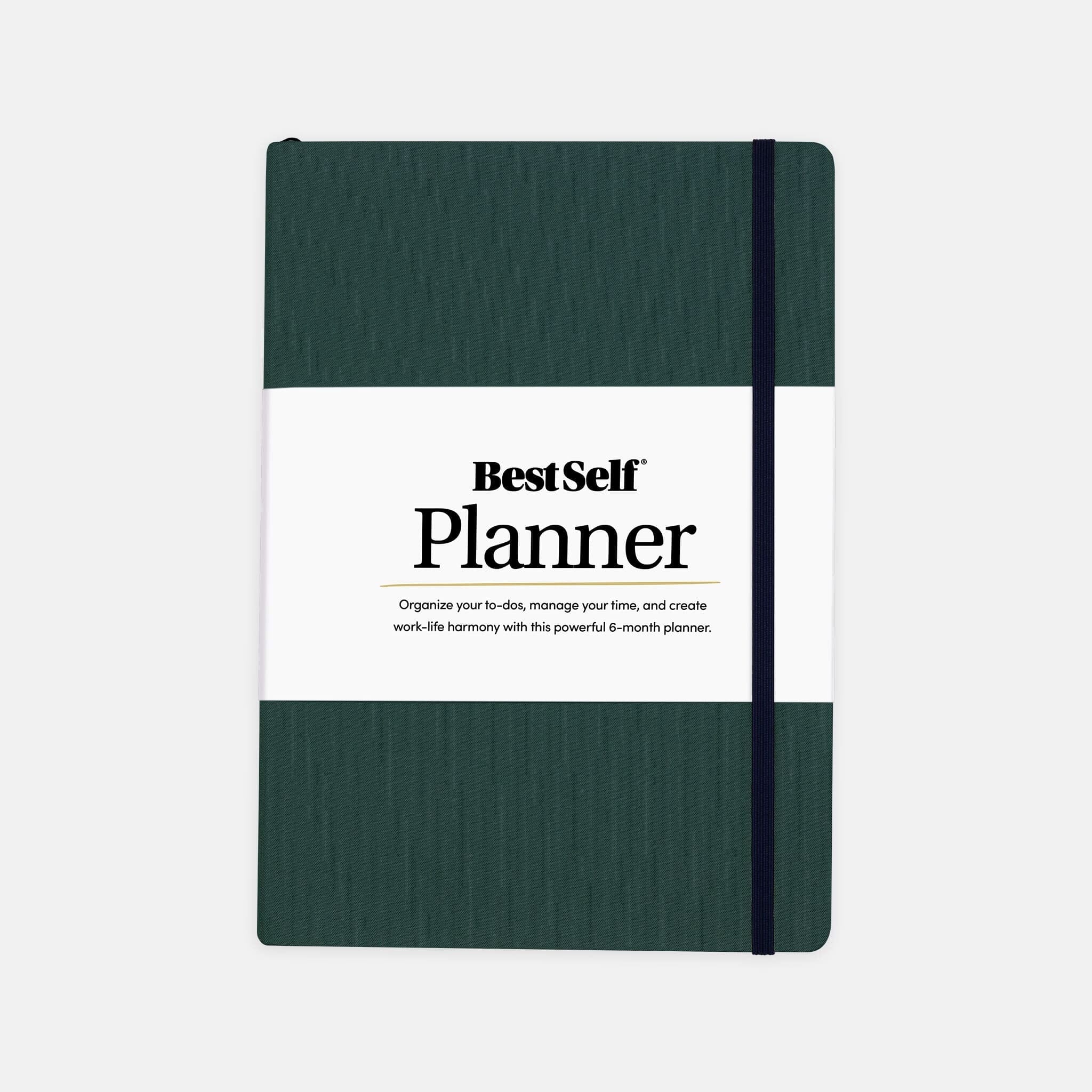“Burnout is so hard to get out of because when you’re in it, you ask yourself, ‘What can I do to bring me relief from all this pressure and stress of all this work I need to do?’ And the only answer you can think of is, ‘The only thing that will bring me relief is if I finish this work.'” — Jonny Sun
Collectively, we’ve been through a lot over the past few years. So much uncertainty and unpredictability takes its toll. And because society values productivity and the ability to keep going - no matter what - more and more of us are at risk of burnout.
The good news is there are proactive steps we can take to manage our energy and protect our mental health and wellbeing.
So if you’re worried about burnout keep reading to discover some powerful tips and ideas that can empower you to thrive.
What is burnout?
At the core of burnout is emotional exhaustion where you feel so depleted and drained that you have nothing left to give to your job and maybe even your passions, hobbies, and relationships.
As a result, you experience a debilitating overwhelm where your mental capacity is reduced to the point where you can’t think straight or make decisions about what to do next. You can’t organize the chaos around you and you need to pump the brakes so you can create a pause and create some relief.
When you’re burned out, your cup is empty. You can no longer pull from the well because it’s depleted and in desperate need of being refilled.
This is different from stress.
Stress is over-engagement, which leads to diminished energy and anxiety. In comparison, burnout is disengagement coupled with a sense of helplessness and demotivation.
What’s the opposite of burnout?
The opposite of burnout is feeling balanced and in flow. It’s a feeling of momentum and traction where you’ve got everything going. Where you’re juggling multiple balls and you’re on fire - in a healthy way.
It’s also a feeling of being a part of something bigger than you [in comparison to burnout, which can feel very lonely and isolating]. We saw an example of this while watching archery during the recent Olympics. One of the teams had a fantastic ritual of encouraging and high-fiving each other after every shot [even if an archer didn’t do well]. The vibe was tangible and you could feel how it was driving everyone to be their absolute best at the moment. This is the opposite of burnout.
How burnout affects our health & wellbeing
The good news is the old school “grin and bear it” response is becoming more and more discredited. We’re undergoing a culture shift where our mental health is becoming equally, if not more, important than our physical health. We’re starting to have open, honest discussions around mental health. It is past the time where we bury our emotions and feelings and we sacrifice our well-being.
Burnout can have lasting effects on our lives. It’s not uncommon for people to quit their jobs as a result of burnout.
Burnout can also drain confidence and overall life satisfaction; it can harm our home life and relationships and lead to a loss of creativity and innovation. We’re less willing to take creative risks and experiment. Research shows that burnout can lead to changes in sleep habits, increased use of food, drugs, or alcohol to feel better or to simply not feel, and even show up as physical symptoms (e.g. - weight gain or loss, trouble sleeping, unexplained headaches or stomach issues).
The cost of burnout is high and not just one we pay as individuals, but as a society as well.
What causes burnout?
Various factors can cause job burnout. Workplaces are often responsible for the causes of burnout and they need to take responsibility to make the necessary changes to help overcome burnout.
Possible causes include:
- Lack of control - not having the necessary resources or being unable to make changes to your schedules, assignments or workload could lead to burnout.
- Unclear job expectations - not knowing what is expected of you, especially in times of change, can add unnecessary stress.
- Lack of social support - especially now with people working from home, it’s easier to feel isolated at work (and in your personal life).
- No work-life balance or an imbalance - if work takes up too much of your time and energy, there may be nothing left for family, friends, and personal time.
6 proactive things to do if you experience burnout
1. Be kind to yourself.
In the words of Lalah Delia, “Self-care is how you take your power back.” Burnout is an invitation to invest in yourself - so you can replenish your energy and your vitality. Self-care is a key component in this journey.
Self-care isn’t all spa days and manicures (although it can be!) Instead, it’s about discover what fills your cup. Everyone is different,, but common practices include meditation, journaling, and time in nature.
Review your schedule and ensure you’ve baked in quality, undisturbed, uninterrupted time for you. You’ll feel so much better for it.
Mokokoma Mokhona said, “The wise rest at least as hard as they work.” How would it feel to weave this principle into your life?
2. Celebrate small wins.
This may sound like a small, insignificant strategy, but it’s a step that can protect against burnout as well as sparking recovery from it. Our biggest defense against burnout is often a sense of daily progress. We feel rejuvenated when we move forward on our goals and help others achieve theirs. We created the “Win The Day” pads to help with this.
Use it to create a ritual of acknowledging at least 3 wins each day. On a good day, this ritual is the cherry on the cake that can lift your mood higher. On a bad day, this habit ‘forces’ you to find something that cultivates a sense of positivity and accomplishment, which helps you remember who you are and what you can do.
3. Ask for support.
Maggie Smith reminds us, “Be brave enough to ask for help when you need it. There is no merit badge for doing all the hard things alone.”
It’s tempting to isolate yourself when you feel burnt out. We can worry that others might think less of us; that we can’t cope. We might hold back for fear of being a burden on someone else. We might keep convincing ourselves that it’s merely a phase that will pass.
It takes a lot of courage to raise your hand and say that you need support, but it’s one of the most potent steps you can take. Even the act of being honest about your situation can create a slither of space for healing.
Give yourself permission to express your needs and fears. Find someone who you can trust to hold and support you. Talking alone can make a big difference.
Also, see if you can get clear on your needs so you can get the support you need. For example, with the pressure of responsibilities and expectations reduced, there’s more space, energy, and bandwidth available for recovery. Maybe friends can cook meals, take care of household chores, or offer to take the kids - anything that gives you back some time.
4. Evaluate your working environment.
Burnout is often an indication that there’s too much on your plate and that something has to give. You don’t have to wait for burnout to take this step! It’s worth periodically checking the demands of your job to ensure you’re set up for success, work-life balance, and fulfillment. For example:
- Are your work expectations still fair?
- Are there ways that you can gain more control over your time and your day?
- Is the level of support and opportunities for delegation sufficient for your job?
- Do you need to redraw boundaries to take back your energy and your time?
- Can you say no to demands that place you under additional pressure?
This is a conversation you can have with your coach or mentor [if you have one]. Alternatively, you can explore these questions in your journal or in a conversation with a friend to help you get clarity.
5. Know yourself.
Burnout can be a time of re-evaluation. Ask yourself what do you want? Get clear on the lifestyle you want to create. Assess how much pressure you’re able to handle and discover the routines and rituals you can implement to protect your mental health and sustain your energy and vibrancy. For example, many people find a daily gratitude practice incredibly valuable. Each day, write down three things that you’re grateful for - regardless of what’s happening. This practice is a great perspective shifter and helps remind you that there’s always something to appreciate.
6. Focus on your strengths, not your weaknesses.
When you’re burnt out [or close to burnout], your perspective can become distorted. You can see a glass-half-empty rather than a half-full one. Focusing on your strengths can help you feel empowered in the situation.
One more thing… DON’T make these common burnout mistakes!
When burnout strikes, people often feel that they need to quit their job to get back on track. Alternatively, they blame themselves.
However, burnout is the end of a spectrum and many factors cause it - both personal and workplace based.
Burnout is an invitation to review the way you live and work. It’s an opportunity to regain balance, review priorities, and revisit boundaries.
When people can reclaim their power in the situation, they often discover that there’s a solution that can make space for more success, joy, and fulfillment than was previously available.
In the words of Fyodor Dostoevsky, “You will burn and you will burn out; you will be healed and come back again.”





